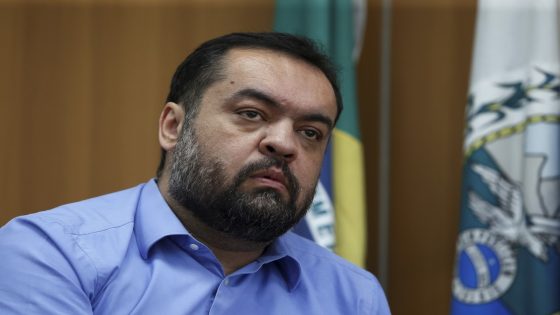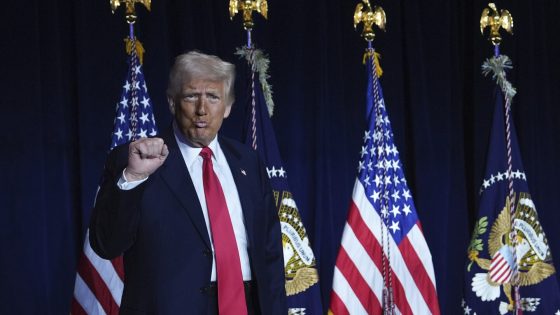On February 28, 2025, the political landscape in Rio de Janeiro appears increasingly challenging for Governor Cláudio Castro. With more disapproval than approval ratings, how will this impact the upcoming elections? The latest polls reveal a shift in voter sentiment, raising questions about the future of leadership in the state.
- Cláudio Castro faces majority disapproval in Rio.
- Eduardo Paes leads in 2026 election polls.
- 81% believe Rio is on the wrong track.
- Security is the top concern for residents.
- Low approval for Castro's security performance.
- Potential financial boost from gas concession.
Rio de Janeiro’s Political Climate: What Does it Mean for Voters?
Why are voters in Rio feeling discontent? Recent surveys show that 62% of residents believe the state is headed in the wrong direction. This dissatisfaction is evident as Governor Castro struggles with a 48% disapproval rating. With the upcoming elections, will this lead to a shift in power?
Eduardo Paes Emerges as a Strong Contender for 2026
As the political landscape shifts, Eduardo Paes stands out as a leading candidate for the 2026 election. With 29% support in recent polls, Paes is capitalizing on Castro’s unpopularity. His low rejection rate of 26% indicates a favorable position as he navigates the political waters.
Key Factors Influencing Voter Sentiment in Rio
Several factors are shaping the political scene in Rio:
- High disapproval ratings for Governor Castro.
- Paes’s rising popularity and low rejection rate.
- Concerns about public safety dominating voter priorities.
- A strong desire for change among the electorate.
Impact of Public Safety on Political Dynamics
Public safety remains a critical issue for Rio’s residents, with 71% identifying it as the most pressing problem. This focus on security is influencing voter preferences and could shape the strategies of candidates in the upcoming elections. How will candidates address these concerns to win over voters?
As the political landscape evolves, the situation in Rio serves as a reminder of the importance of public sentiment in governance. With the potential for significant changes in leadership, both local and international observers should pay close attention to these developments.

































